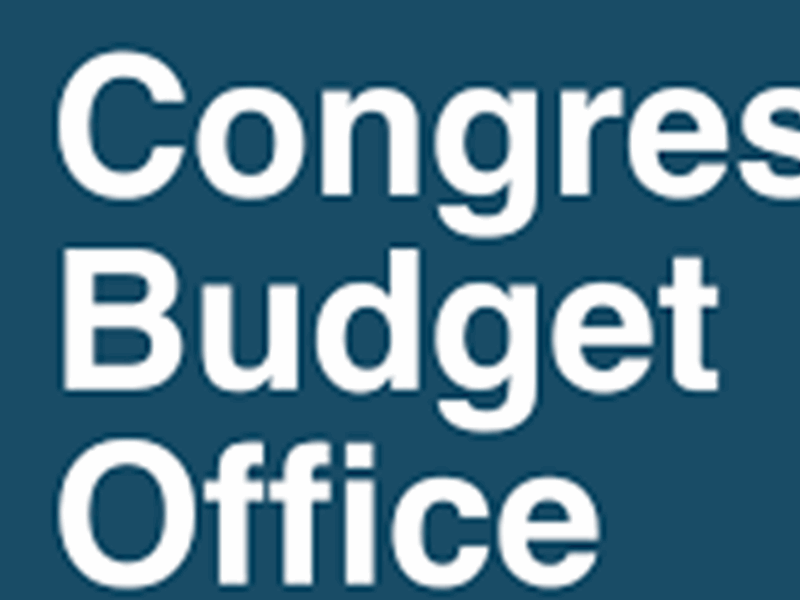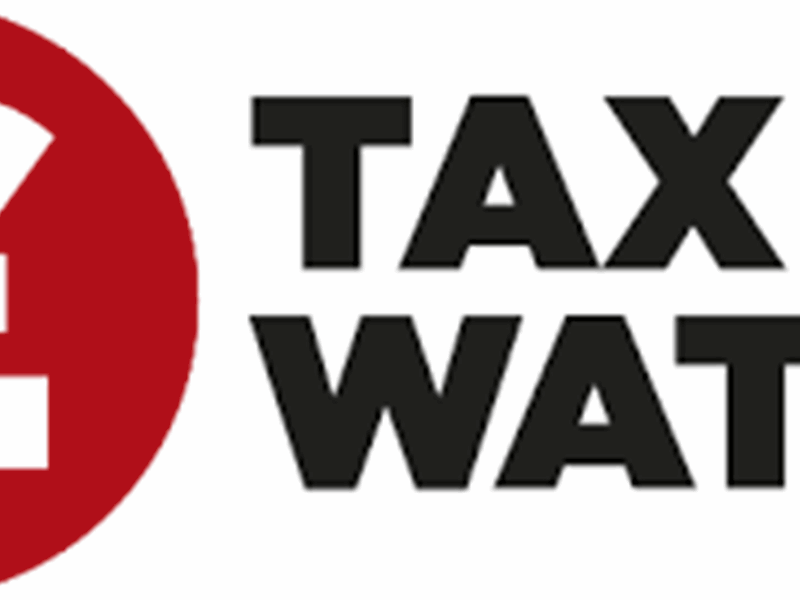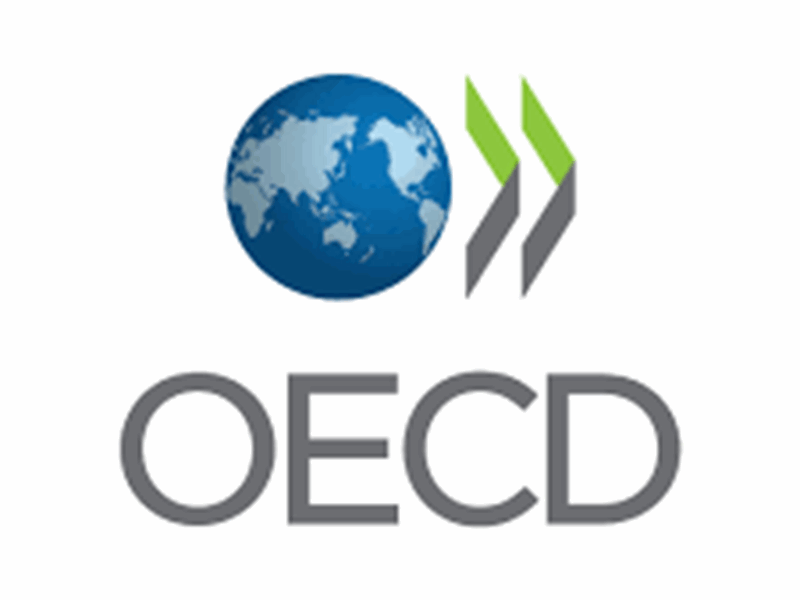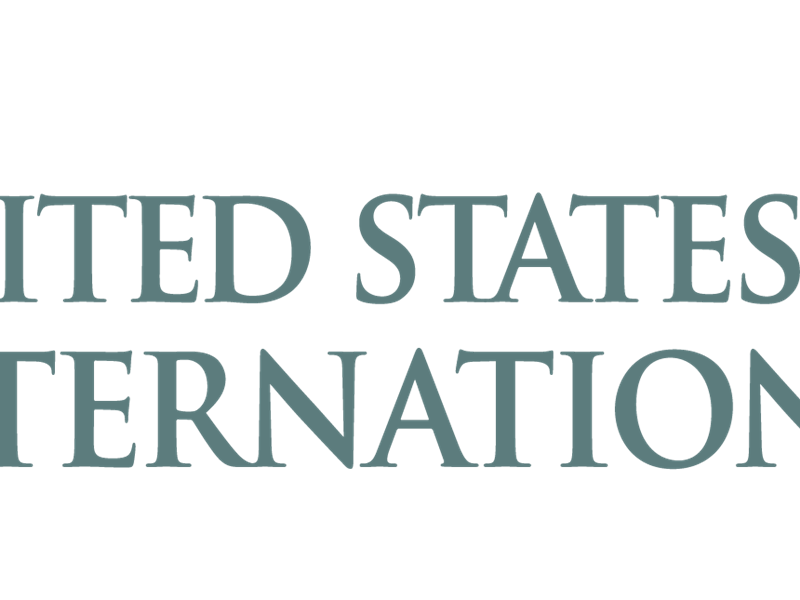Int'l Tax News
Posted on
New Own Resource Proposals Are Needed, EU Presidency Says

The EU Council's Polish presidency urged the European Commission to revise its plan to fund the bloc's budget after member states pushed back on the current package of proposed levies yet again.
Posted on
Human Bias, Fraud, and AI: Lessons From the Netherlands, Part 2

Nina E. Olson compares a Dutch program that used artificial intelligence to identify fraudulent child care subsidy claims to the IRS Criminal Investigation division’s questionable refund program and warns that trends in U.S. tax administration could lead to similar violations of taxpayer rights.
Posted on
Corporate Tax: Best Tool for Taxation’s Regulation Goal

Reuven S. Avi-Yonah explains the three primary goals of taxation — revenue, redistribution, and regulation — and shows how VAT, the individual tax, and the corporate tax each uniquely match one of the goals.
Posted on
TACO Trades and More Anomalies in the Big Tax Bill

Mindy Herzfeld examines some provisions of the One Big Beautiful Bill Act that could have adverse economic effects.
Posted on
EU Commission Seeks Input on Tax Breaks for Savings, Investments

The European Commission is asking for feedback on tax incentives and simple tax procedures for its upcoming recommendation on establishing savings and investment accounts to drive individual participation in capital markets.
Posted on
Irish Fiscal Watchdog: Government Pillar 2 Estimate Are Wrong

Irish government estimates that corporate tax revenue is likely to remain unchanged because of pillar 2 through 2026 are not credible and ignore evidence that revenue could increase, according to the country’s fiscal watchdog.
Posted on
Fragmented MLI Implementation: Why Substance Over Form Matters

Katherin Díaz Velilla explains why, despite inconsistent tax standards and policy implementation, there is a global trend toward greater substance requirements.
Posted on
Legal and Regulatory Implications of Agentic AI in tax Administration

Pramod Kumar Siva explores the potential benefits and challenges of a greater role for AI in tax administration.
Posted on
CRS Summarizes Antidiscriminatory Tax Measures in H.R. 1

The Congressional Research Service in a June 9 report summarized provisions in the House-passed version of H.R. 1, the One Big Beautiful Bill Act, that would raise taxes on U.S.-sourced income of nonresident aliens from countries imposing allegedly discriminatory taxes such as digital services taxes and the OECD pillar 2 undertaxed profits rule.
Posted on
The House’s Policy Bill Would Lose Money. Could Trump’s Tariffs Replace It?

The short answer is probably not, according to multiple forecasters.
Posted on
Mauritius Plans to Introduce Pillar 2 Top-Up Tax

Mauritius plans to introduce a qualified domestic minimum top-up tax on resident subsidiaries and holding companies of multinational enterprises that are resident in the country.
Posted on
Switzerland Adopts Plan to Exchange Crypto Info With 74 Partners

Switzerland has approved a formal proposal to automatically exchange cryptoasset tax information with 74 partner jurisdictions, including the EU member states and most G20 countries, beginning in 2026.
Posted on
Audit, Assets, Appeal: China’s Evolving Tax Dispute Framework

Abe Zhao examines trends in China’s evolving tax enforcement policies and offers practical insights for multinationals navigating increasingly sophisticated and assertive tax audits in China.
Posted on
House Budget Reconciliation Bill’s Revenge Tax

Lee A. Sheppard examines the potential effects of the the House budget reconciliation bill’s proposed section 899, which would increase taxes for residents of countries maintaining discriminatory taxes and modify the base erosion and antiabuse tax.
Posted on
EU Countries Still Want Consensus in U.N. Tax Process

Although EU countries accept that decisions on a U.N. tax convention will happen by majority vote, they still feel the best way to guarantee success is through consensus, according to a Polish tax official.
Posted on
International Tax Buffeted by Congress, Pillar 2, and FTC Changes

Larissa Neumann and William R. Skinner review the One Big Beautiful Bill Act and the bill introduced by Senate Finance Committee member Thom Tillis, R-N.C. They also examine the IRS guidance memo on resource allocation for the advance pricing and mutual agreement program, developments with pillar 2, and the challenge to stock-based compensation in McKesson.
Posted on
Commission Doubles Down on High-Risk EU Tax Planing

The European Commission is still waiting on select countries to address or commit to countering aggressive tax planning, despite toned-down economic recommendations from member states earlier this year.
Posted on
Tax Bill’s ‘Revenge Tax’ May Run Afoul of Senate’s Byrd Rule

Several aspects of the section 899 retaliatory tax in the House-passed tax bill raise red flags that the provision violates Senate procedures, which could lead to the tax being severely constrained or scrapped altogether.
Posted on
EU Eyes Ambitious Dispute Resolution Mechanism Review

The European Commission is signaling a potentially more ambitious review of its 2017 dispute resolution mechanism directive, according to a top EU tax official.
Posted on
CBO: Trump’s Tariffs Raise Big Revenue, Hurt Growth

President Trump’s tariffs would raise $2.5 trillion in revenue over the next decade, but the cost to the economy would more than offset the total economic growth expected from the House bill’s tax cuts.
Posted on
U.S. Organizations Push Back Against Canada, U.K. DST Measures

Several U.S. industry organizations, including the U.S. Chamber of Commerce and the National Foreign Trade Council, issued a letter to the U.S. trade representative and the secretaries for the U.S. Treasury and the U.S. Department of Commerce calling on the government to push back against the discriminatory digital services tax measures from Canada and the United Kingdom, noting that the Canadian DST will cost the United States up to $2.3 billion annually.
Posted on
Donald Trump claims the UK’s Digital Services Tax overwhelmingly targets US tech giants. New data obtained by TaxWatch shows otherwise.

The UK is weighing the future of its Digital Services Tax (DST), under pressure from US trade threats. From the White House to the tech sector, the DST has been described as a discriminatory ‘tariff’ almost entirely targeting large US internet companies. No-one seems to have asked whether that’s actually true. New data obtained by TaxWatch show that nearly 40 percent of the companies subject to the UK DST are not headquartered in the US at all, contrary to claims made by politicians and the tech industry itself.
Posted on
Faulkender Threatens OECD Over Pillar 2 Stance

Treasury Deputy Secretary Michael Faulkender warned the OECD that the United States will retaliate if the group doesn’t accept several existing U.S. tax provisions as being compliant with a global minimum tax initiative.
Posted on
Bermuda Seeks Input on Proposed Corporate Income Tax Amendments

Bermuda has started a public consultation on draft technical amendments to its corporate income tax regime to bring it more in line with OECD pillar 2 global minimum tax rules and related administrative guidance.
Posted on
OECD Announces June 2025 Economic Outlook Report

The OECD issued a release announcing that it has published its June 2025 economic outlook report, which analyzes the economic prospects of various member jurisdictions, noting that global economic growth is projected to slow down from 3.3 percent to 2.9 percent in 2025 and 2026 and that various factors could affect overall economies in the coming years, including inflation pressures, increased tariffs and high trade costs, high debt payments, and uncertain tax policies.
Posted on
Take 2: Evaluating the Revised Retaliatory Measure in the House Bill

Danielle Rolfes, Alistair Pepper, Daniel Winnick, and Casey Caldwell analyze the revised versions of two proposed retaliatory tax measures, consolidated in proposed section 899, now before the Senate as part of the budget reconciliation package, assessing whether the more significant modifications to those now-combined proposals are consistent with Congress’s stated policy goals in responding to “unfair” taxes imposed by foreign countries.
Posted on
One Big (Not So) Beautiful Way to Discourage International Investment

Mindy Herzfeld examines the international tax provisions of the House reconciliation bill and considers how they could affect international investment in the United States.
Posted on
U.S. Retaliatory Taxes Would Be Bad for Business, Observers Warn

Renewed efforts to allow the United States to retaliate against countries with discriminatory taxes will affect most foreign direct investment in the United States and put American jobs at risk, stakeholders and observers warned.
Posted on
Trump Tariff Awakening: Ghana Must Jettison Preferential Trade Agreements

Samuel Narh Dorhetso explores the effects of President Trump’s tariffs on Ghana and offers suggestions on how to move away from the vulnerability of preferential trade agreements.
Posted on
Treasury’s Position on Pillar 2 Could Lead to Improved Global Tax Policy

In a letter to the editor, Jefferson VanderWolk explains why the U.S. position on pillar 2 could improve global tax policy.
Posted on
Medtronic II: Do the Transfer Pricing Regs Swallow Themselves

Ryan Finley explains why, despite Medtronic’s claims to the contrary, the section 482 regulations do not swallow their own comparability methodological reliability standards.
Posted on
Germany Mulls Online Platform Tax to Combat ‘Clever Tax Avoidance’

Germany’s government is preparing a legislative proposal to tax online platforms like Google and Facebook to counter what the country’s culture minister described as “clever . . . tax avoidance.”
Posted on
EU Aims to Harmonize Cross-Border Taxation for Innovation

A new European Commission proposal wants to harmonize several aspects of employee taxation across borders for start-ups and businesses scaling up to encourage innovation.
Posted on
A New ‘Revenge Tax’ Aimed at Foreign Investors is Rattling Wall Street

Provision could hike taxes on some foreign companies’ U.S. investments and reduce the appetite for U.S. assets.
Posted on
U.S. Companies Call on the EU to Find Swift Pillar 2 Resolution

The American Chamber of Commerce to the European Union has written to EU Tax Commissioner Wopke Hoekstra saying that uncertainties regarding the EU’s pillar 2 directive and its interaction with the U.S. tax system must be resolved quickly.
Posted on
EU Countries Tighten Antiabuse Rules in CBAM Simplification

EU member states are ready to negotiate simplification of the carbon border adjustment mechanism with the European Parliament after tightening the regulation’s antiabuse measures.
Posted on
BEFIT Should Also Target Tech Giants, EP Rapporteur Says

European Parliament rapporteur Evelyn Regner said the definition of a permanent establishment in the proposed Business in Europe: Framework for Income Taxation system should include companies that have a significant economic — if not physical — presence.
Posted on
U.S. Tariff Revolt – Emergence and Effects

Parthasarathi Shome explores the ramifications of the recent expanded use of tariffs by the United States.
Posted on
OECD Includes Amount B Information in Transfer Pricing Profiles

The OECD has released several new and updated transfer pricing country profiles containing information about their positions on the optional amount B simplified and streamlined approach to pricing baseline and marketing distribution transactions.
Posted on
The Art of the (Trade) Deal

Robert Goulder comments on the recently announced United Kingdom-United States trade deal framework.
Posted on
Updating the U.S. Dual Consolidated Loss Rules After TCJA: A Revenue-Raising Proposal

Wade Sutton proposes updating U.S. dual consolidated loss rules to reflect the post-2017 international taxation environment.
Posted on
New Zealand Withdraws Draft Digital Services Tax Legislation

The New Zealand government has pulled back proposed legislation that would have implemented a digital services tax, citing countries’ support of OECD work to address the tax challenges of the digital economy.
Posted on
Business Group Backs U.S. Position on OECD Global Minimum Tax

The tax committee of a U.S. business group told Treasury’s top OECD negotiator that it supports the government’s push to ensure that the U.S. tax system exists separately from the OECD's pillar 2 regime.
Posted on
Australian Commission Consults on Corporate Tax Reform

Australia’s Productivity Commission, which advises the government on economic policies, has asked for recommendations on reforming the country’s corporate tax regime and reducing regulations.
Posted on
Global Tax Platform Issues Roadmap for Designing Tax Incentives

An international governance platform for tax has released a final report on its principles to guide policymakers in designing tax incentives to avoid economic distortion and revenue loss.
Posted on
Tax Collaboration Platform Provides Guidance on Tax Incentives

The Platform for Collaboration on Tax published a report May 20 providing guidance to international policymakers on designing and developing tax incentives in ways that avoid cross-border issues and revenue losses.
Posted on
Instead of Tariffs, Replace the Lowest Tax Brackets With a VAT

Michael J. Waggoner proposes replacing the lowest brackets of income tax with a VAT as an alternative to tariffs.
Posted on
The United States’ Sharp Turn Toward Tax Unilateralism

Mindy Herzfeld examines U.S. international tax policy’s shift toward unilateralism under the Trump administration.
Posted on
Talks on Pillar 1 Will Come After Pillar 2 is Settled

Addressing U.S. concerns about pillar 2 and stabilizing the global minimum tax are OECD member countries’ first priorities, and a return to discussions on pillar 1 “will come after,” a top OECD official said.
Posted on
Hong Kong to Adopt Modified GAAR in Pillar 2 Regime

Hong Kong’s legislative council is moving forward with a proposal to use its existing general antiavoidance rule to address arrangements that can potentially exploit Hong Kong’s pillar 2 minimum tax rules.


































